I attended a particular BBQ shindig a couple of weekends ago. The sun was shining, the grill was sizzling, and the tunes were blaring. I’m a lover of the boom & base, so since the host hadn’t created a set playlist I volunteered my rookie DJ skills by virtually spinning the 1s and 2s of Summer Sixteen anthems. Ladies worked to “One Dance”, “Coller La Petite”, and “Yamborghini High” whilst guys laid back in tandem bopping their heads. As the sun set, our energy rose and colorful convos spirited by spirits streamlined the overall good vibes. Wanting to appeal to our inner queen bee, I pressed play on “Formation”. Unbeknownst to me it was the onset to a fervent uproar that stung our core alas for polar reasons.
Some of the fellow guests that had some form or another in the music industry, had choice words for Beyoncé’s latest visual album: “Lemonade is nothing more than a tactless PR stunt” argued one, “The album is average, they’re no real bangers” quipped another. It’s important to preface that these bitter critics were all made by the guys. Boys, pause. From simply an artistic standpoint, Beyoncé’s sixth studio album is a powerful pursuit pushing the boundaries in sonic creativity rendered in tones of social commentary driven with passion, anguish and sheer emotional relevancy- that alone should have everyone respectfully taking several seats! I identify with Lemonade’s narrative. I’ve been there, we’ve all been there. The torment of heartbreaking, unrequited love that disrespects your Being can truly devastate. But Lemonade is also more than the complexities of couplehood. It’s a recognition of black women’s pain be it through the grief of the poor, evasive concept of black love that unfortunately prevails in our community and further, where ones relationship can be threatened by a “Becky with the good hair.” It’s about the love that black women have and from this deep heartache flourishes a strength that we shouldn’t have to ever bear in silence whilst passing on this condemnation generation to generation. We are the women that are liked but not loved; we are the women that are emulated but never respected; we are the women that think foremost of others but viewed as an afterthought. We are often required to be seen and not heard and within these murky waters black women bathe in a stream of resiliency navigating quiet warriors of us.
I identify with Lemonade’s narrative. I’ve been there, we’ve all been there. The torment of heartbreaking, unrequited love that disrespects your Being can truly devastate. But Lemonade is also more than the complexities of couplehood. It’s a recognition of black women’s pain be it through the grief of the poor, evasive concept of black love that unfortunately prevails in our community and further, where ones relationship can be threatened by a “Becky with the good hair.” It’s about the love that black women have and from this deep heartache flourishes a strength that we shouldn’t have to ever bear in silence whilst passing on this condemnation generation to generation. We are the women that are liked but not loved; we are the women that are emulated but never respected; we are the women that think foremost of others but viewed as an afterthought. We are often required to be seen and not heard and within these murky waters black women bathe in a stream of resiliency navigating quiet warriors of us. Black Girl Magic (15 of 16)Black Girl Magic (2 of 16) Lemonade is also a “love letter to black women” that celebrates our beauty in a world where we are caricatured as angry, as crass, or worse yet, as “pretty for a black girl”. Where we strongly shine in ideologies that still define the standard of beauty as blond, as blue eyed, as fair skin. Prevailing, archaic notions of colorism, a racially skewed belief system ingrained in self-hate and deeply rooted from slavery days which sole purpose was to divide and conquer, is sadly still echoed within our own community- our skin judged too dark to be pretty or too light to be worthy. Even within the hip hop culture that was created for us by us, flaunts symbols of beauty of our non-existence by casting fairer versions of ourselves. Case in point, Party Next Door rhyming about “Light skin got you new new do” and parading the “Kylie Jenner lips” lookalikes. Our bodies, from birth, are free-for-all topic of conversation to be scrutinized- our natural African-textured hair, socially valued as “bad”, mutilated to be tamed straight or our disapproving Afrocentric hairstyles and yet only once coiffed on another acclaimed as acceptably exotic. Our physical attributes are peered with weird curiosity, fetishized, perceived as unappealing but when artificially sculpted on another, glorified as attractive assets of mainstream worthiness (looking right at you Kim K and Co.) Beyoncé concocted Lemonade for black women to feel heard, for black women to feel seen, for black women to feel accepted. This recognition creates value, we matter, because at the end of it all, we collectively want to believe that our existence is never in vain.
So with this meditation in mind I began my rebuke from the slanders of Lemonade with “As a black woman”. These four words, laden I do recognize with deep sentiment, had the guys however in an irrational outburst of dismissive annoyance, turning the gathering into a tired division of the sexes. The fellow ladies swarmed in a beyhive to chime in defense of my stance. Observing this mix crowd of black, middle eastern, and white so called gentlemen, I was deeply bothered that my opening claim of consciousness exasperated a pandemonium of pure irritation- because as you know, a black woman that stands tall is quickly scorned. Sorry, I ain’t sorry for unapologetically asserting pride in my blackness and empowerment for womanhood. Before I had a voice to choose my own identity, society labeled me as black, as a woman. So I will approve this stamp and proudly bask in its beautiful designation. I will celebrate any ode to black women’s beauty and strength to shine. The nature of these guy’s disgruntle rebuttal is very poignant to why stances like these should be stood.
The mere fact that not only the underbelly of being black is socially deemed to be lesser than, but also having the extra plight of being a woman and our resilient battle to surmount this double whammy of oppression is the true essence to the pixie dust called Black Girl Magic.
Just like the shocking Tignon Laws ruled in 18th century Louisiana that banned free black and multiracial women to carry on stylishly with their feathered and jeweled hairstyles in an effort to fawn off white male desires and appease white women’s insecurities- read control and curtail their pride in their rightful freedom. These women of color adopted the law and defiantly created even more elaborate and fanciful head wraps made from beautiful fabrics. A ban that aimed to shun these women as undesirable cast these black and multiracial women even more alluring and attractive. With legacies as such, black women are fully versed in making the improbable, probable. Our intricate, complex yet rich history has continuously served us bitter lemons but time and time again we’ve made sweet lemonade. This is the recipe for Beyoncé’s Lemonade, this is the recipe for Black Girl Magic.

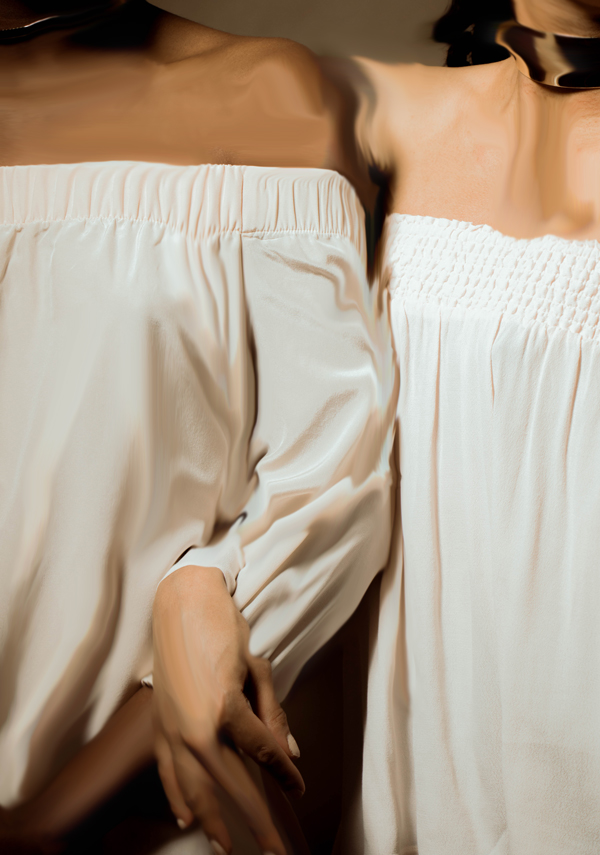
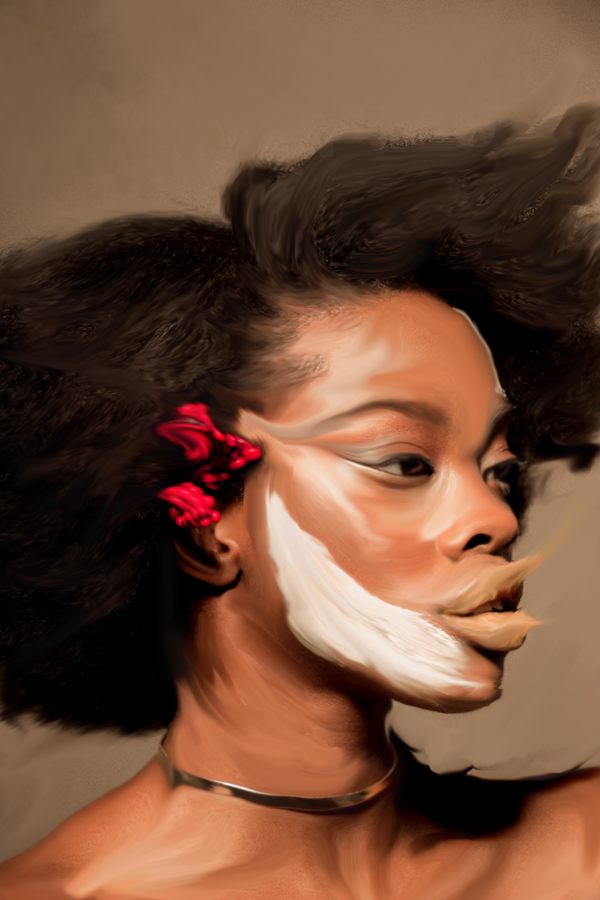
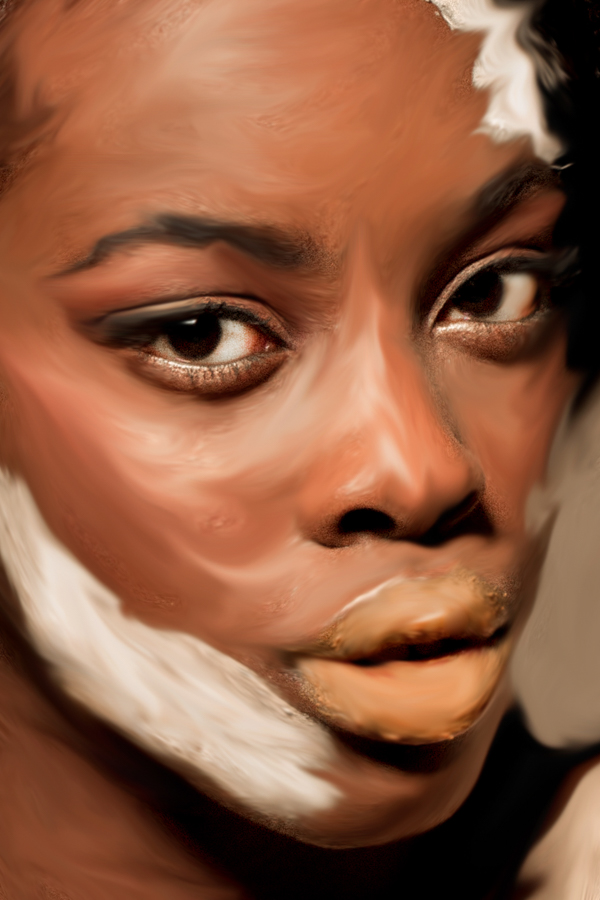
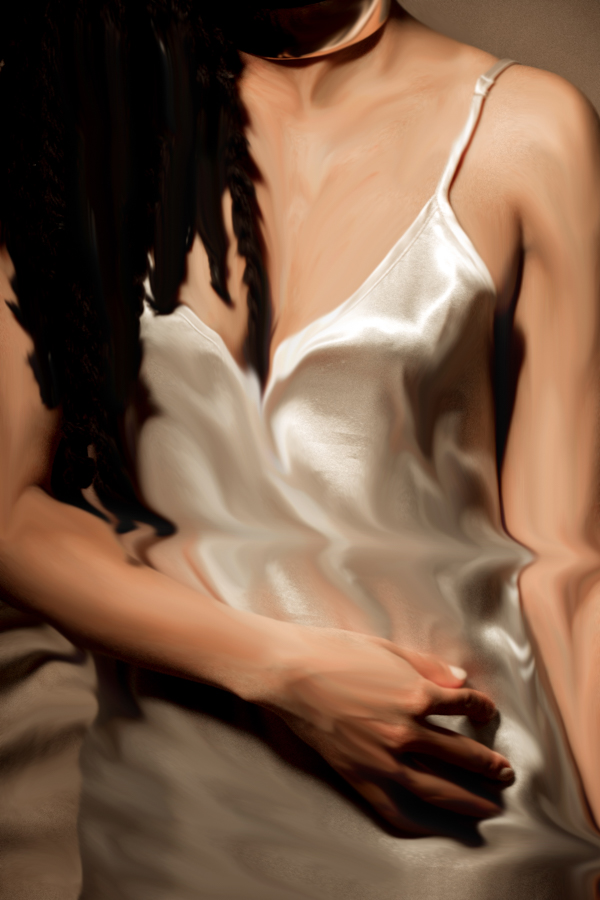
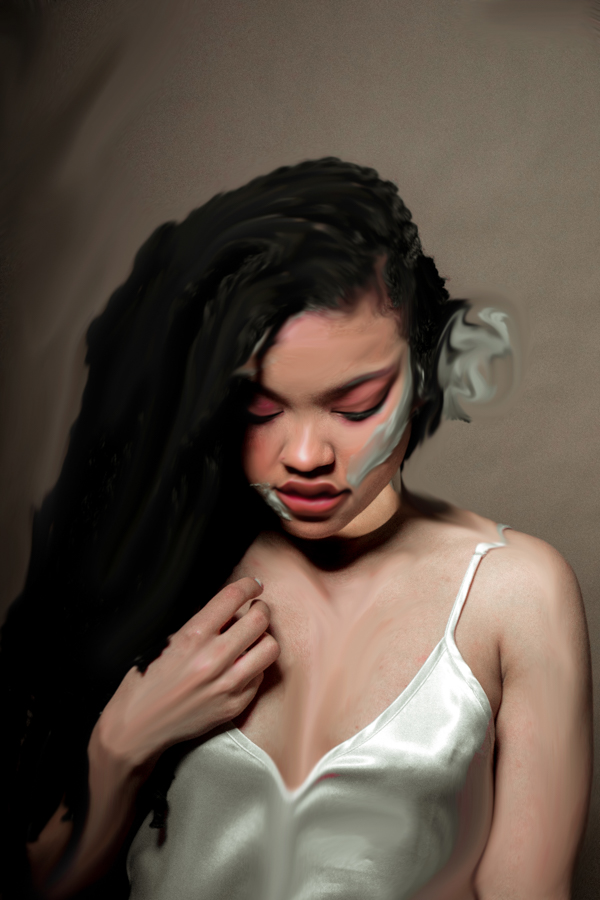
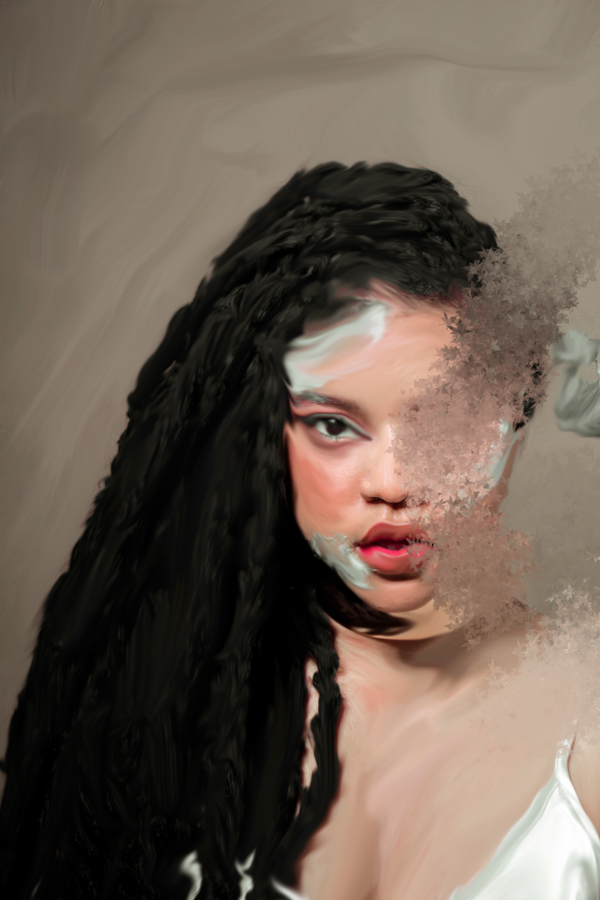
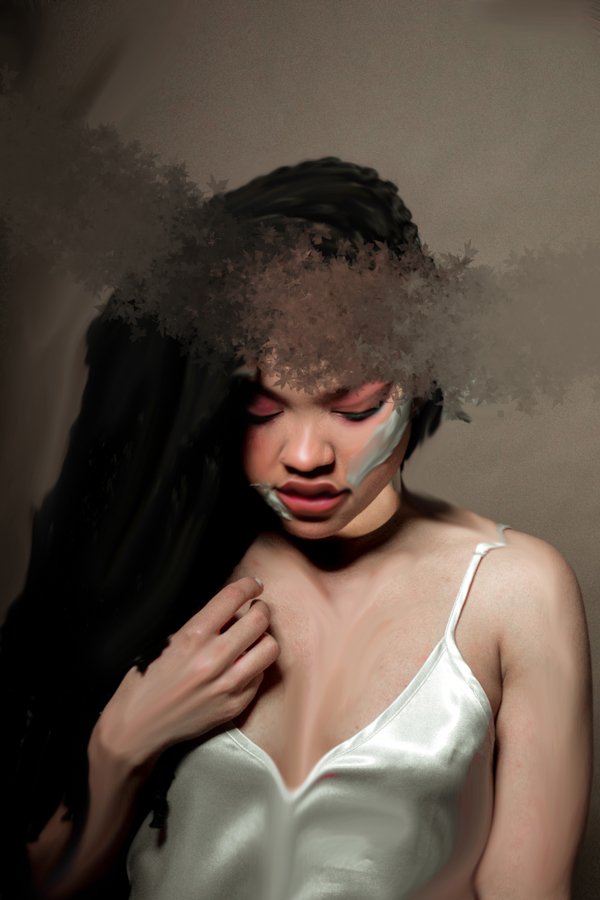
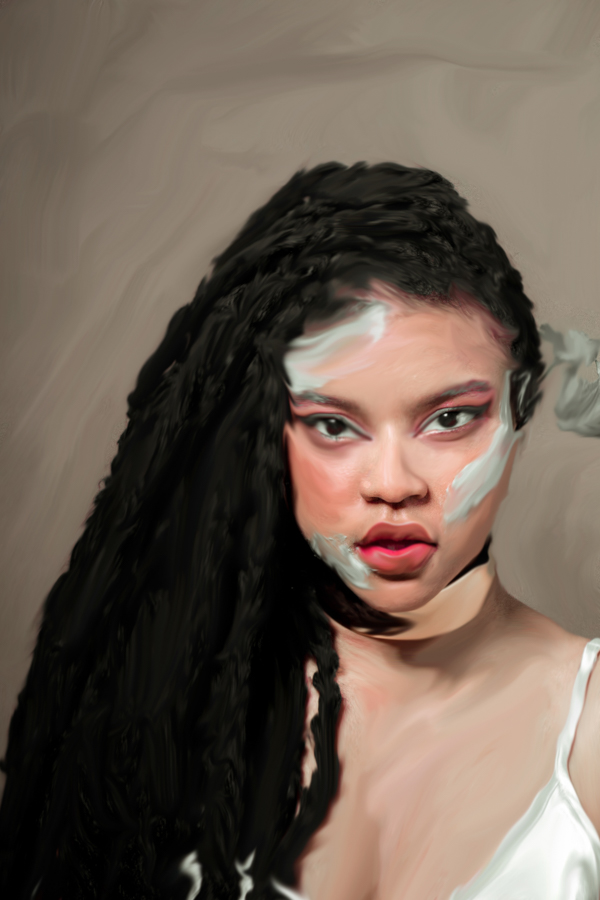
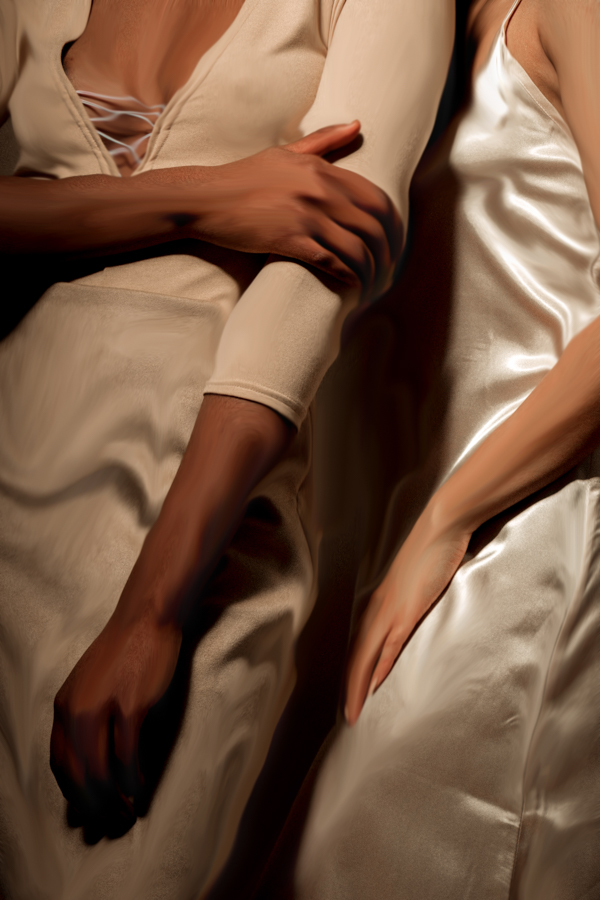
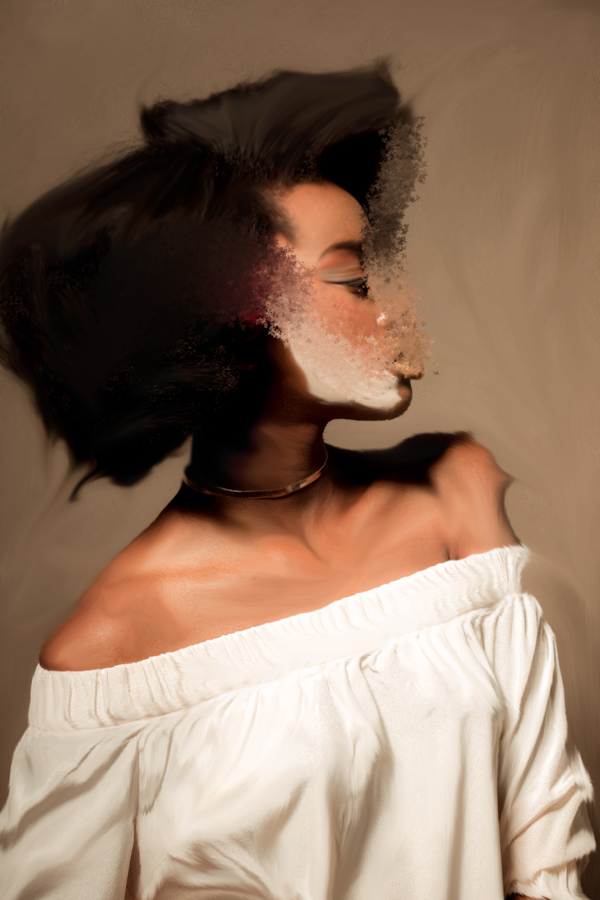
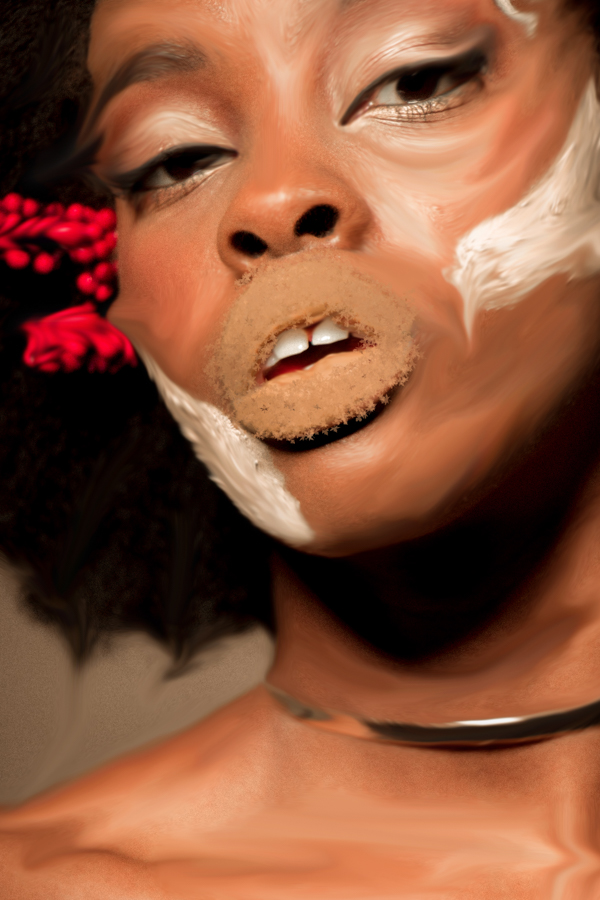

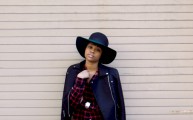
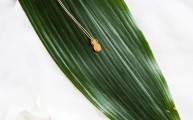
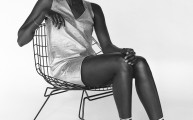
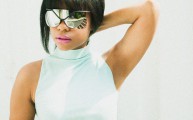

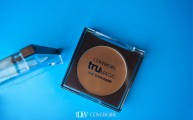
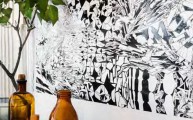
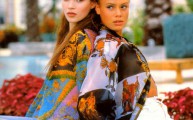

Leave a Reply